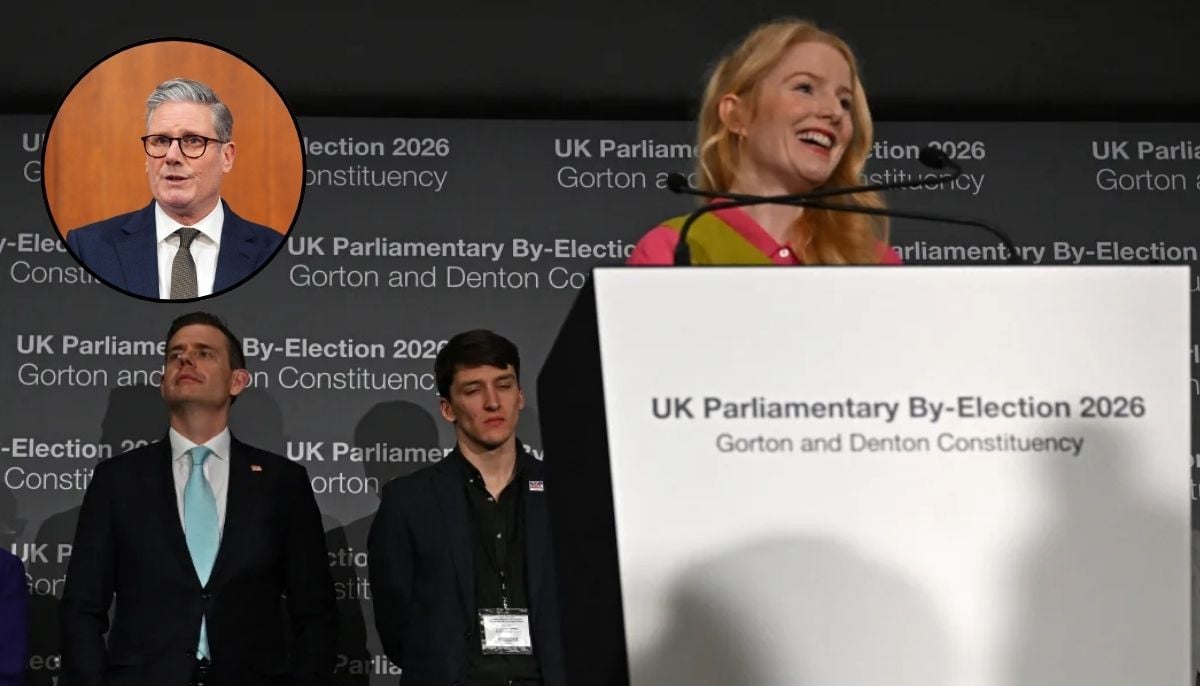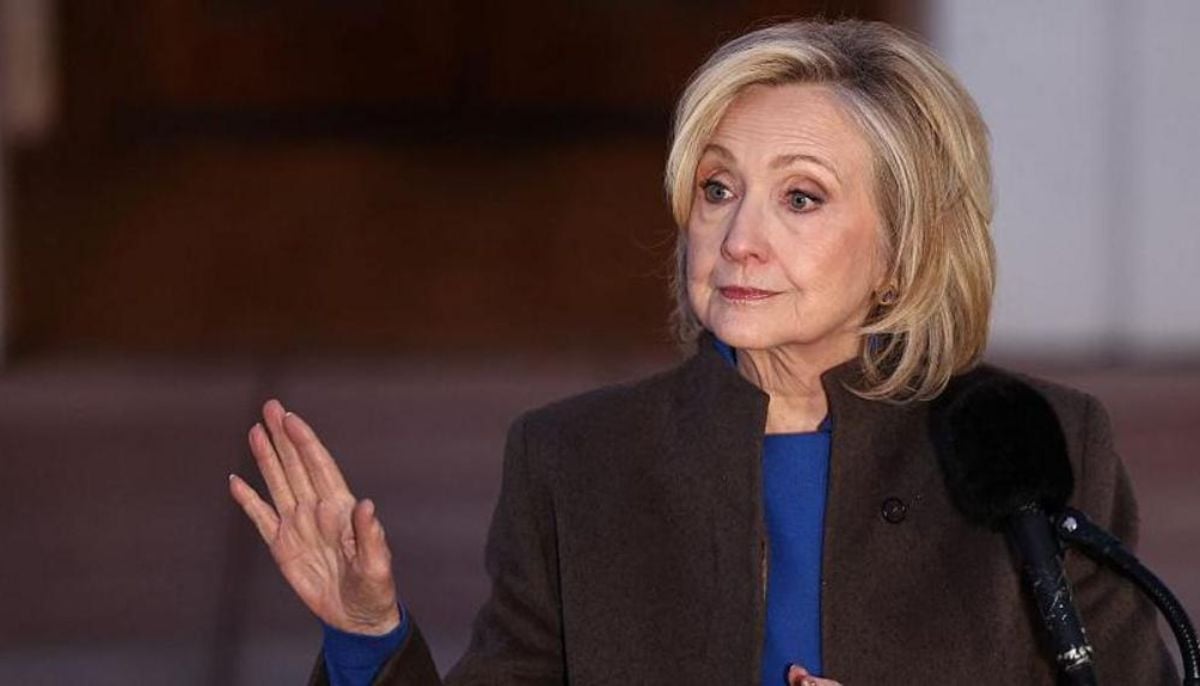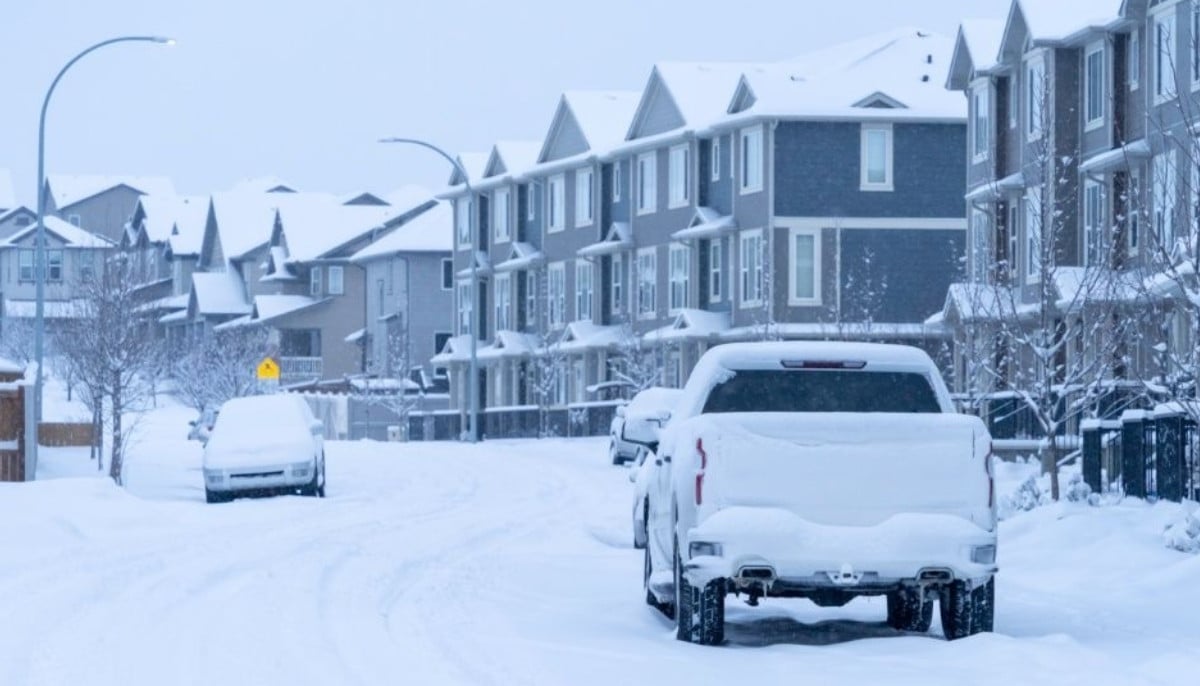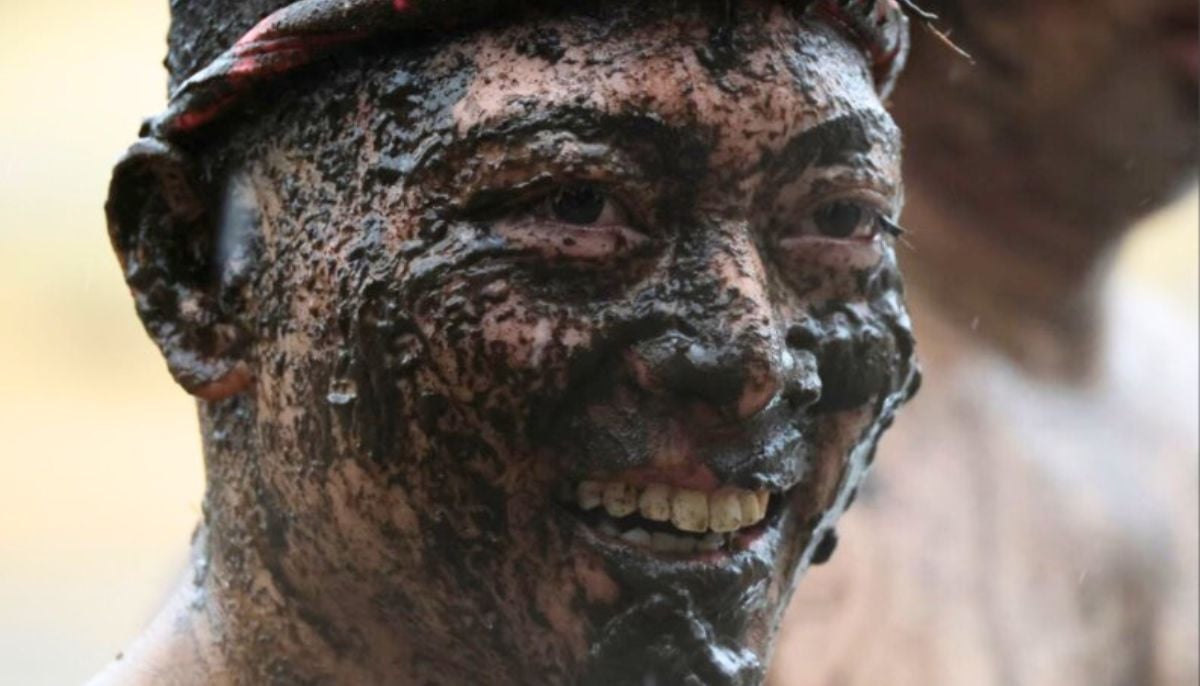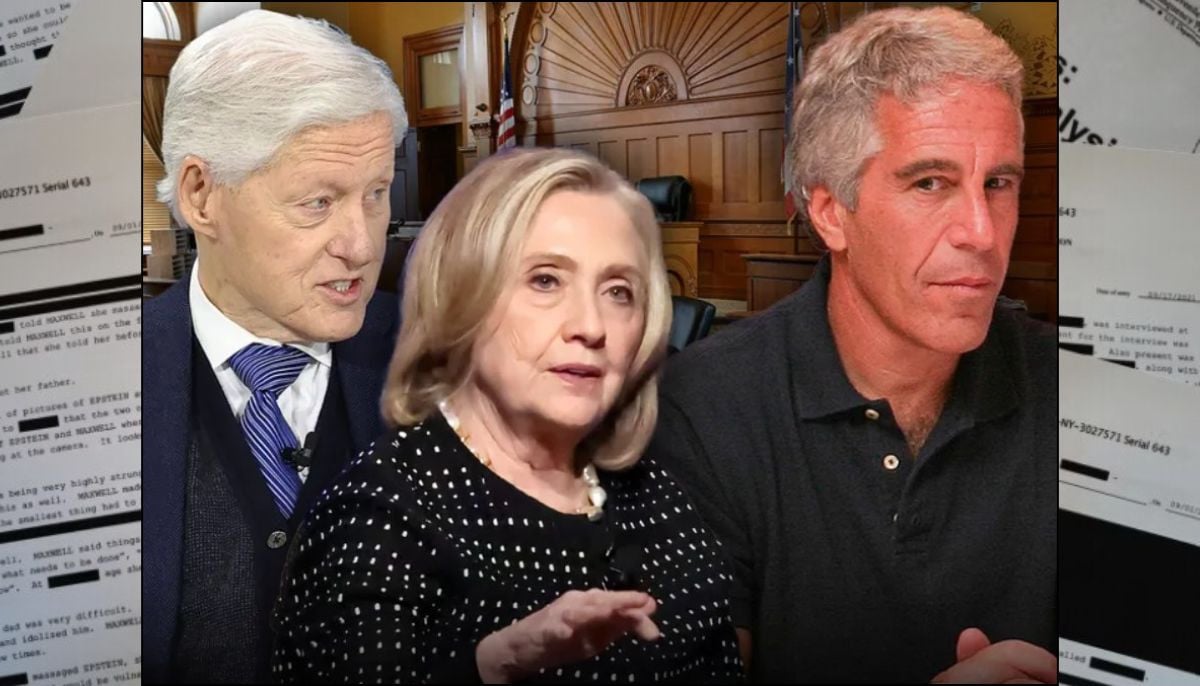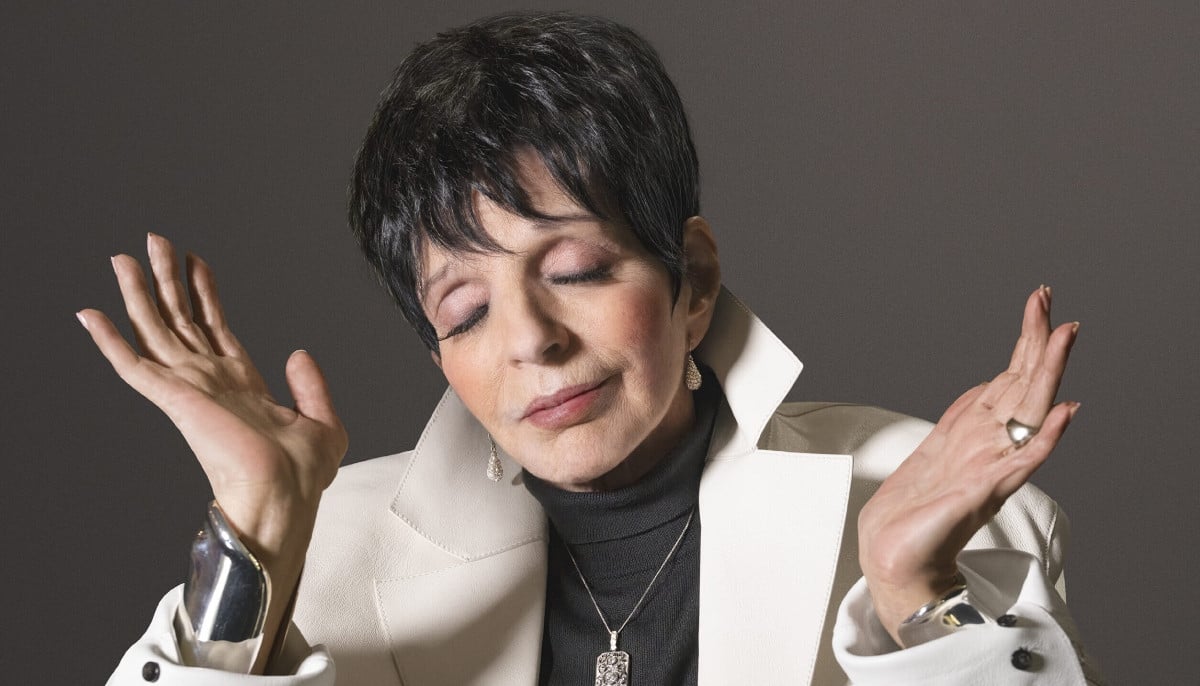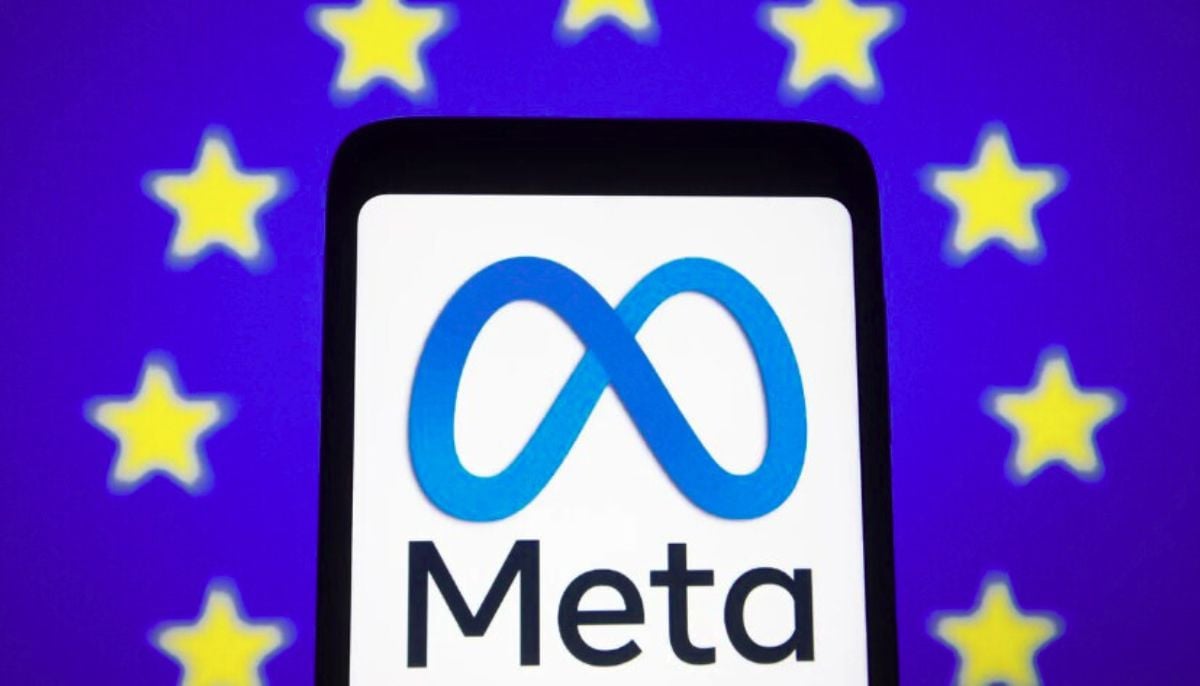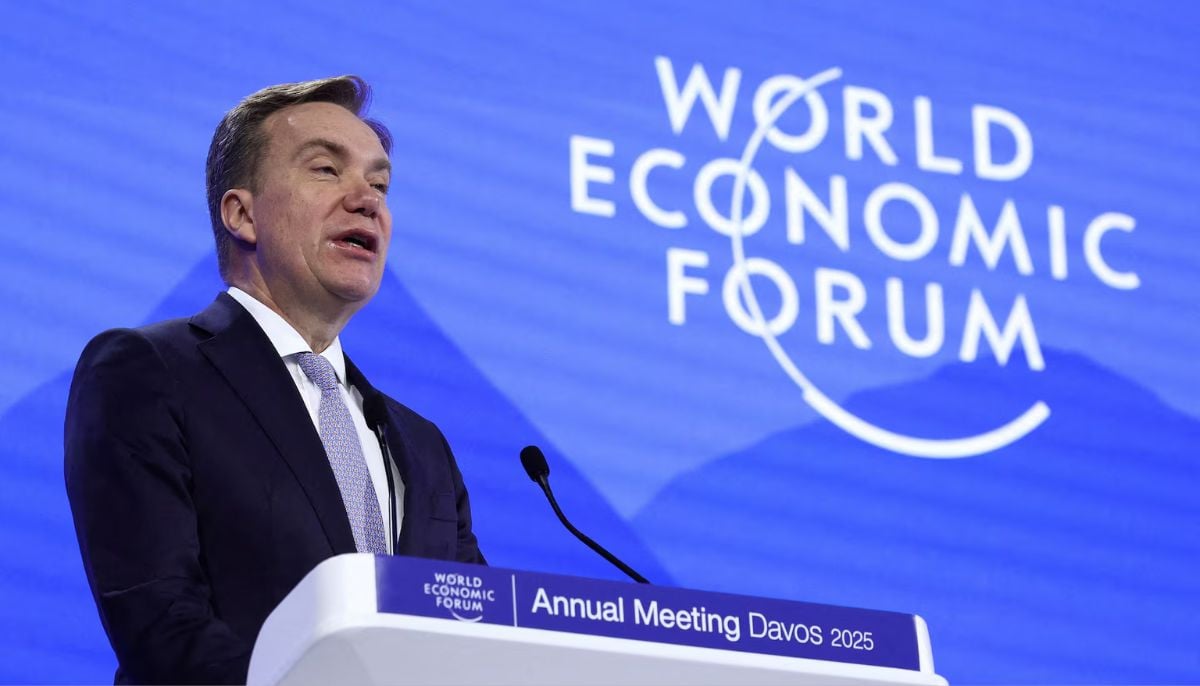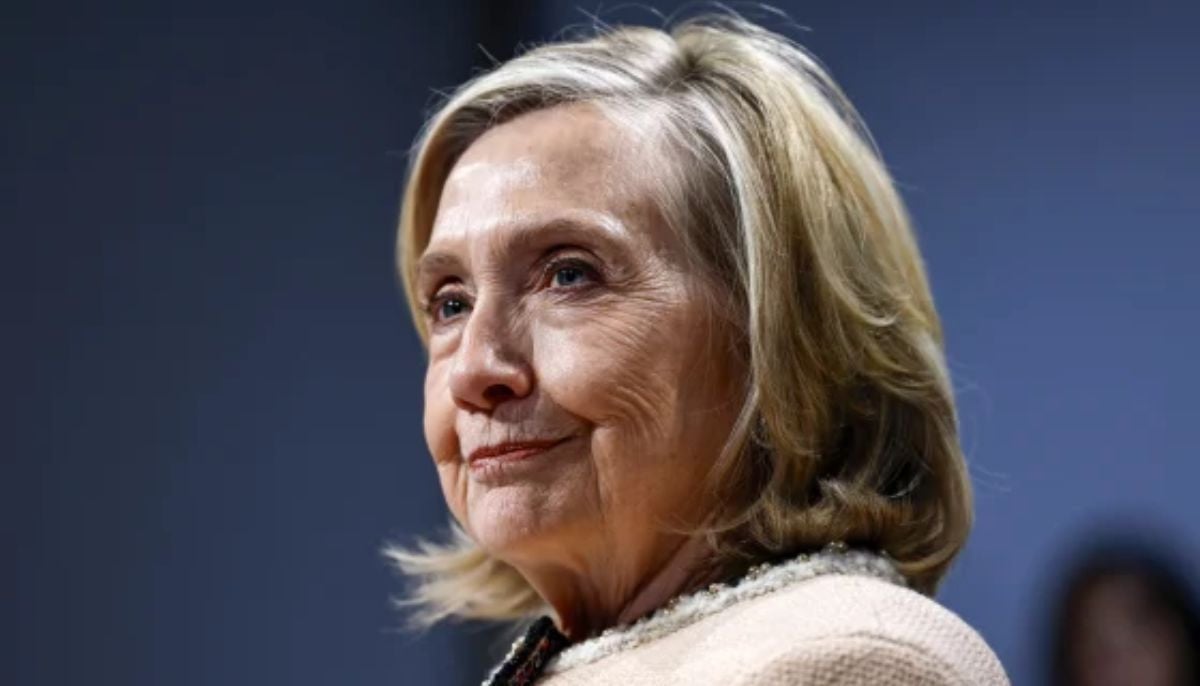What might unfold amid South Korea's political turmoil?
Investigators might seek new, stronger arrest warrant against impeached President Yoon Suk Yeol
SEOUL: South Korean investigators made an attempt to arrest impeached President Yoon Suk Yeol at his residence Friday over a failed martial law bid but were prevented from doing so by his security forces.
The investigating team's failed attempt to nab the impeached president came amid looming expiry of his arrest warrant which would lapse on Monday.
Amid prevailing political turmoil, lets take a look at what might happen next.
Arrest
The Corruption Investigation Office (CIO) may attempt to execute the arrest warrant for Yoon again before the January 6 deadline.
"Future actions will be decided after further review," it said after halting its initial attempt.
If Yoon is arrested before that date, the CIO will have 48 hours to either request a new warrant for his formal arrest or release him.
Yoon’s lawyers have repeatedly said that the warrant issued by the court is "unlawful" and "illegal", pledging to take further legal action against it.
The Presidential Security Service has also asserted that the CIO "unlawfully intruded" into the presidential residence and said it would hold the investigators "legally accountable" for their actions.
Two top officials from Yoon's presidential security service also refused a police request to appear for questioning on Saturday, citing the "serious nature" of protecting him, the service said in a statement sent to AFP.
Even if January 6 comes and goes, the CIO can reapply for the same seven-day detention warrant.
Different type of warrant
If they fail to detain Yoon before the January 6 deadline, investigators could seek a new, stronger arrest warrant that would allow them to detain him longer than the 48 hours allowed under the current court order.
Experts say it’s likely a court would approve a stronger warrant, given that Yoon has already refused to appear for questioning three times and has not complied with the existing warrant.
A stronger warrant is typically issued when "a suspect refuses to cooperate with the investigation", political commentator Park Sang-byung told AFP.
Yoon has also "incited and encouraged extreme (right-wing) supporters, which could be seen as effectively admitting to the criminal charges in the eyes of the court", he added.
But executing this type of warrant, even if issued by the court, may not be feasible if Yoon again refuses to leave his residence with the assistance of his security forces, which include a military unit.
Acting president's role
The prolonged standoff within the presidential residence compound on Friday led the CIO and opposition Democratic Party to urge acting President Choi Sang-mok to order the presidential security service to cooperate.
"It is practically impossible to execute the arrest warrant as long as the security officials from the Presidential Security Service continue their protection," the CIO said in a statement.
Choi, a member of Yoon’s ruling People Power Party who also serves as deputy prime minister and finance minister, is yet to comment on the issue.
Experts suggest that if Choi orders the security service to cooperate, the chances of Yoon being arrested before the January 6 deadline will increase.
But the acting president has already faced severe backlash from his party for appointing two new justices to fill three vacancies on the Constitutional Court.
That decision has increased the likelihood of the court upholding Yoon’s impeachment — with at least six out of eight justices needed to back the decision.
Given the situation, "it is unlikely that Choi would cooperate with the CIO’s request", Shin Yul, a political science professor at Myongji University, told AFP.
Choi’s short-lived predecessor in the role of acting president and prime minister, Han Duck-soo, was impeached by lawmakers after he refused a key opposition demand to install three more judges at the Constitutional Court, viewed as impeding Yoon’s potential removal from office.
Court's decision
South Korea's Constitutional Court has up to 180 days to determine whether to dismiss Yoon as president or restore his powers.
Until then, while suspended, Yoon holds the title of president.
Experts suggest the process for investigators to prosecute or formally arrest Yoon would be much easier were he to be stripped of the presidential title.
But the 180-day time frame is considerable and could potentially delay proceedings significantly.
The Constitutional Court has said it will expedite the impeachment trial due to the seriousness of the case.
But Yoon’s lawyers argued Friday that the court must utilise the full 180 days to conduct the hearings, especially to examine "the circumstances that led to the declaration of martial law".
-
Lindsay Lohan on 'confusing' teen fame after 'Mean Girls': 'I should have listened to my mom and dad'
-
Savannah Guthrie mom update: 'Today' show sees huge ratings boost amid search for Nancy intensifies
-
Hillary Clinton to testify in Epstein probe alongside Bill Clinton
-
Liza Minnelli reveals rare traits she is looking for in new lover after series of failed romances
-
EU court adviser rejects Meta Platforms challenge over Facebook data
-
Oscar nominated Michael B Jordan reveals one 'Sinners' scene entire cast saw filmed
-
World Economic Forum CEO Borge Brende steps down following Jeffrey Epstein ties controversy
-
Hillary Clinton set for deposition before House committee today in Jeffrey Epstein investigation case

